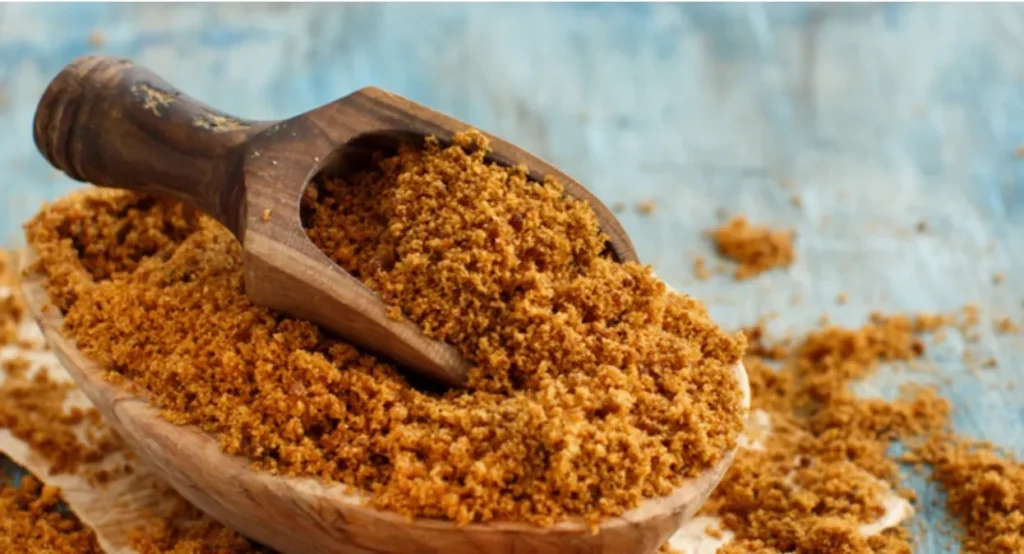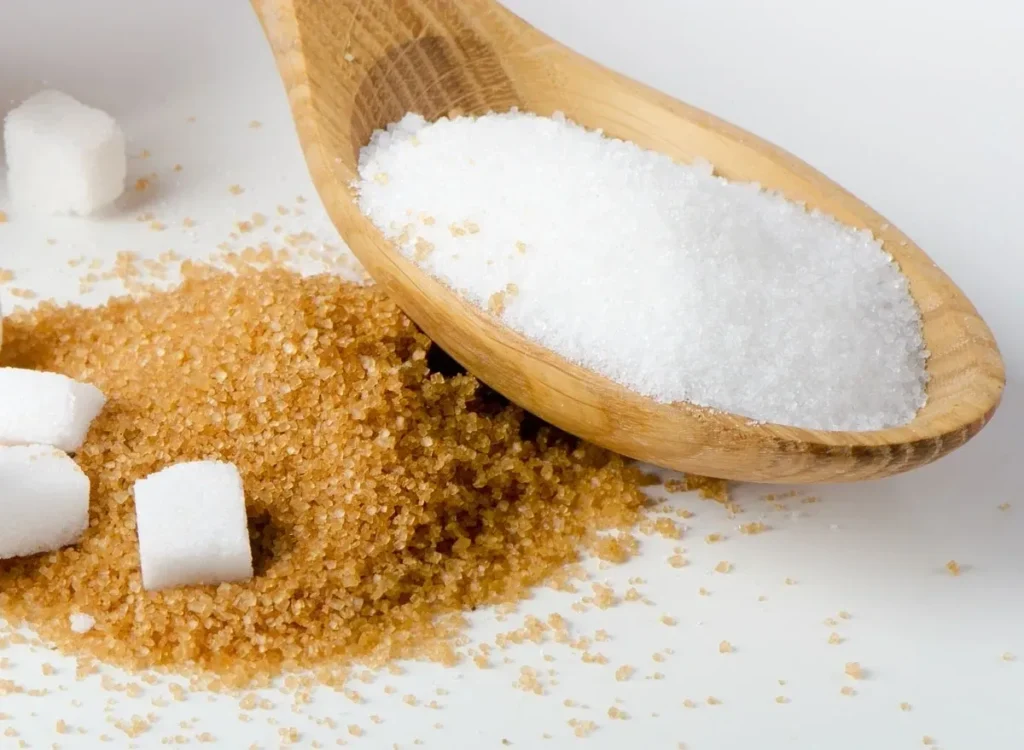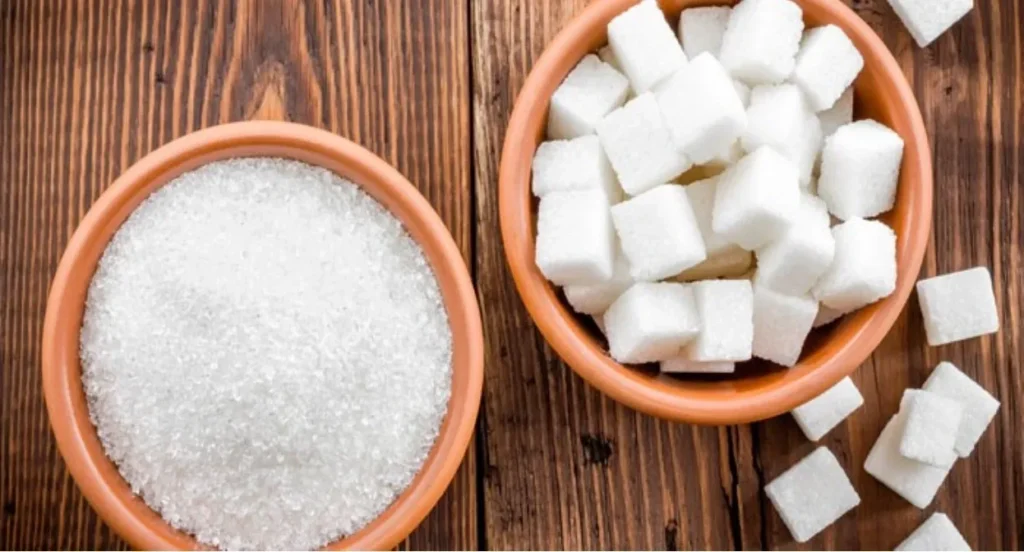Sugar has been a part of our diets for hundreds of years. It comes in many different forms and can be used in many ways in home and commercial kitchens. White sugar and brown sugar are two of the most common kinds. They may look similar, but there are significant differences between them.
From a business-to-business (B2B) buyer’s point of view, these differences can have a significant effect on buying decisions. This article will help you to find out major differences between white sugar and brown sugar.
What is White Sugar?
White sugar is the most common type of sugar. During the refining process, many minerals and other impurities are taken out of the sugar, making it look pure white.
White sugar is made from sugarcane or sugar beets, but it is processed at a higher temperature to make it more refined. This process starts with harvesting sugarcane and cutting and crushing the stalks to get the sugary juices out.
The juices are then filtered and evaporated to make molasses, which is a byproduct of the process of refining sugar. Brown sugar is made by refining molasses even more. During the first step of refining sugar, white sugar is made. This white sugar then goes through a second round of filtration to eliminate any remaining impurities and become pure white sugar.
What is Brown Sugar?
Brown sugar is refined white sugar that has been mixed with molasses. It gives brown sugar its unique taste, texture, and look. This extra ingredient makes the sugar moisture, which is often used in baking because the extra moisture helps baked goods stay fresh longer.

Most of the time, brown sugar is more expensive than white sugar, but bakers like it because it isn’t as refined and has trace minerals that help the baking process. There are different kinds of brown sugar, and coconut sugar is becoming increasingly popular.
The Differences Between White and Brown Sugar:
The process by which white sugar is refined accounts for the differences between white and brown sugar, including the differences in texture, moisture content, cost and taste.
Texture:
White sugar is much finer and lighter in texture than brown sugar, making it easier to sprinkle on baked goods and dissolve in beverages like coffee and tea. Brown sugar works best for recipes that stir dried fruits in sugar water since it is coarser and will sink to the bottom of a coffee or tea cup.
Moisture Content:
White sugar is tough to work with while making since it contains more moisture than brown sugar. White sugar inhibits leavening by absorbing moisture and limiting the formation of bubbles when added to a batter. As a result, baked goods made with white sugar will have a drier texture and lack the moistness of desserts made with brown sugar.
Taste:
White sugar has a neutral flavor, making it ideal for any application used as a base for other flavors, such as baking and cocktails. Brown sugar, on the other hand, has a distinct flavor due to the molasses added during the refining process, which gives it a stronger caramel flavor that can enhance baked goods.
Cost:
Brown sugar is more expensive than white sugar because of an extra phase. You could justify the extra expense because it requires another phase known as molasses mixture.

B2B Implications of the Differences Between White and Brown Sugar:
The differences between white and brown sugar have far-reaching implications for businesses. While white sugar is highly processed and has a uniform texture and fine grain, brown sugar is made from unrefined cane sugar and has a coarser texture and larger grain.
The two types of sugar have different uses and applications, and this has major implications for businesses that are involved in the production, distribution, and sale of these products.
For businesses that produce or sell food products, understanding the differences between white and brown sugar can be the difference between success and failure.
For businesses that are involved in the production and sale of industrial products, the differences between white and brown sugar can affect the cost, quality, and safety of products.
The world of business is constantly changing, and as it does, fraudsters look for new ways to take advantage of unsuspecting companies. In Brazil, fraudsters have created a complex web of sugar scams that have been costing businesses billions of dollars over the past decade. These scams are difficult to detect and often go unnoticed until the damage has been done. So in order to protect your business you should always count on a reputed white and brown sugar supplier.
GOSORS LLC is a trusted and reputable white and brown sugar supplier committed to providing the best possible products and excellent customer service. With various sugar supplies, customers expect the best quality products. By working with GOSORS LLC, you can be assured of getting the best sugar supplies at the best prices.
Final Words:
In short, the differences between white and brown sugar are vast, with each type containing different amounts of moisture and having different textures. If you are a business owner seeking the best suppliers of White and Brown sugar, you can always trust GOSORS LLC; since there have been so many sugar scams, it may be pretty challenging to choose the best source of white and brown sugar. However, you can find the greatest brand if you know what to look for.

